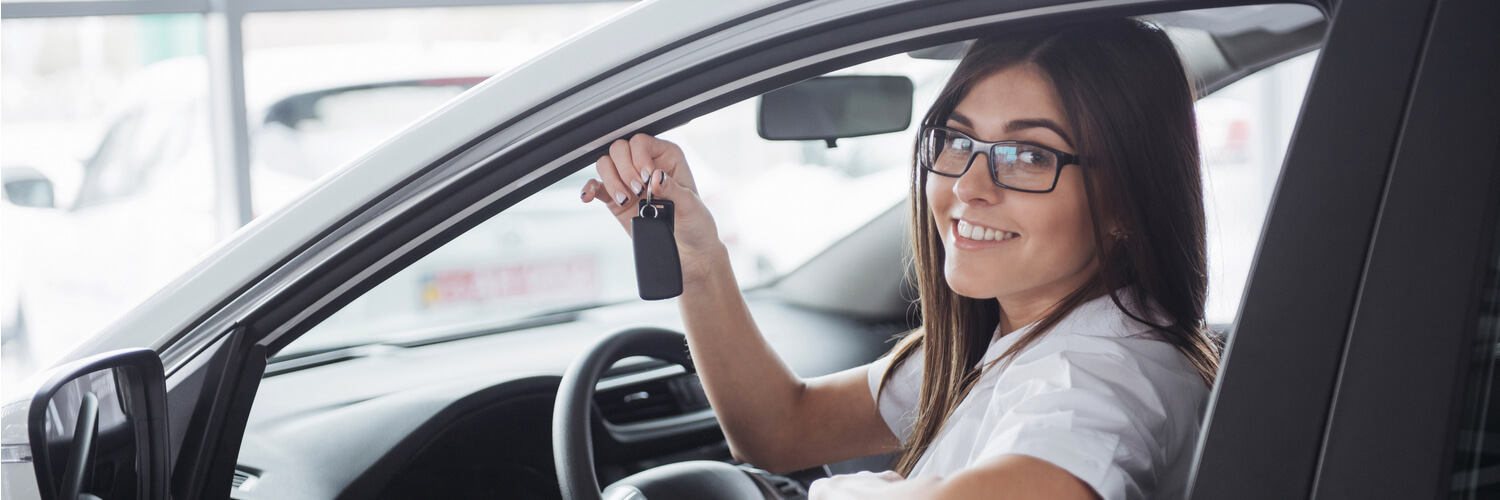What is Commercial Auto Insurance?
Businesses and other organizations that have commercial vehicles in Massachusetts usually need to insure those vehicles. Rather than using personal auto policies to do so, businesses typically purchase commercial auto insurance policies.
Commercial auto insurance is similar to personal auto insurance, but it’s adapted to meet the unique needs of businesses. Commercial policies sometimes have higher limits than personal policies, and their coverage definitions may differ slightly from those of personal policies. Additionally, commercial policies might be used to insure anywhere from a single vehicle to a whole fleet of vehicles.
What Businesses in Massachusetts Have To Carry Business Auto Insurance Policies?
Massachusetts law requires almost all vehicles driven on public roads to be insured, so most businesses and other organizations in the state that have vehicles need to carry business auto insurance. This includes, but certainly isn’t limited to, the following:
- Transportation businesses (e.g. taxis, chauffeurs, etc.)
- Delivery businesses (e.g. home deliverers, courriers, etc.)
- Trade businesses (e.g. landscapers, plumbers, etc.)
- Construction businesses (e.g. homebuilders, commercial contractors, etc.)
- On-site food service businesses (e.g. caterers, food trucks, etc.)
- Nonprofits with buses (e.g. religious organizations, senior care centers, etc.)
Additionally, businesses that don’t own vehicles but rely on others’ vehicles in the course of their operations might need a form of business auto insurance. Hired and non-owned auto policies may provide liability protection while personal vehicles are used for commercial purposes. For example, restaurants that have employees make deliveries using their personal vehicles might get this specialized form of coverage.

Do Rideshare Drivers Have To Carry Business Auto Insurance?
Offering rideshares, regardless of how much and how often, usually departs from the types of situations that personal auto insurance policies are meant to cover. As a result, drivers may need to supplement their personal coverage with some sort of coverage.Depending on the specifics of their personal auto policy and rideshare driving situation, drivers might be able to purchase coverage through their ridesharing provider, add on a rider to their personal policy or get a business auto policy. For help sorting through these options, drivers should talk with a knowledgeable insurance agent who’s familiar with both personal and business auto policies.
What Protections Are Included in Business Auto Policies?
Many of the coverages included in business auto insurance policies are similar to those found in personal auto policies, although terms, conditions and exclusions are often adjusted. Some of the more common coverages that business auto policies typically offer include:
- Personal Injury Coverage, which may cover the injuries of people who are in a company vehicle
- Bodily Injury Liability Coverage, which may cover the injuries of people who aren’t in a company vehicle
- Collision and Comprehensive Coverage, which may cover damage sustained by a company vehicle
- Property Damage Liability Coverage, which may cover damage caused to others’ property
- Uninsured and Underinsured Motorist Coverage, which may cover accidents caused by motorists who aren’t properly insured
There are many other coverages available in addition to these. A knowledgeable agent can help businesses and organizations select the right combination of coverages that’s right for their situation.


